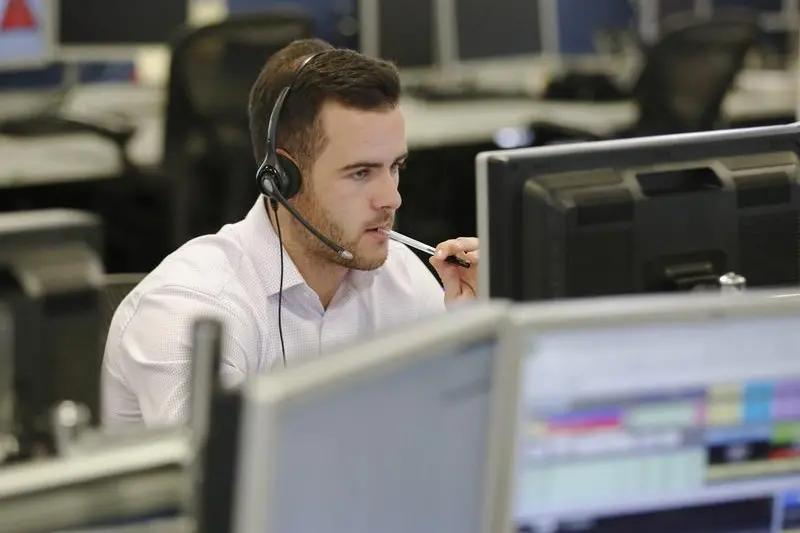PHOTO
LONDON - Unilever’s ethical boast has a hard-nosed message. The 157 billion euro consumer goods giant says brands which communicate a strong environmental or social purpose are driving 75% of its growth. It adds a little weight to the idea that consumers reward virtue. For CEO Alan Jope, the harder lesson is that many of Unilever’s products need pruning.
Unilever’s promotion of its so-called sustainable-living brands isn’t an empty boast. The maker of Lipton tea is viewed positively by third-party environmental rating groups, such as CDP. And some of its products have had a benign social impact: think Dove soap’s campaign to promote a realistic approach to body image.
Still, its suggestion that social purpose is the route to growth needs its own health warning. For one, the definition of sustainability seems very broad, and mixes up different things. Unilever puts a brand in the sustainable-living category when at least 10% of its turnover comes from products which are making progress in at least one of health and hygiene, nutrition, greenhouse gases, water, waste or sustainable sourcing areas. Ice cream brand Ben & Jerry’s may campaign for social justice and fight climate change, but its products arguably help fuel the obesity epidemic. Second, the fact that supposedly sustainable brands may be profitable does not prove that customers are rewarding them because of their stand on social issues.
The bigger question for Jope is that a lot of Unilever’s brands don’t seem to have either a point, or much growth. The sustainable brands number just 28 out of a total of around 400, implying the vast majority do not fit the criteria for sustainable living and delivered just a quarter of last year‘s growth. And, since Unilever has been growing revenue roughly in line with the market at 3.5% over the last five years, many brands must be underperforming. Jope, who took over from predecessor Paul Polman in January, inherited a pledge to boost the group’s operating margin to 20%, and maintain growth of between 3% and 5%. Last year the group only managed to eke out revenue growth of 2.9%. One way to boost sales would be to jettison the sluggish products, and plough more money into newer ones. That might marry both ethics and profit.
CONTEXT NEWS
- Unilever said on June 11 that its 28 “purpose-led”, sustainable-living brands grew 69% more quickly than the rest of the business in 2018, and delivered 75% of its revenue growth. Seven of Unilever’s top 10 brands – Dove, Knorr, Omo/Persil, Rexona/Sure, Lipton, Hellmann’s and Wall’s ice cream – are among the 28 brands.
- “Two-thirds of consumers around the world say they choose brands because of their stand on social issues, and over 90% of millennials say they would switch brands for one which champions a cause,” Unilever CEO Alan Jope said in a statement.
- Unilever defines sustainable-living brands as those that “communicate a strong environmental or social purpose”.
(Editing by Neil Unmack and Bob Cervi)
© Reuters News 2019





















